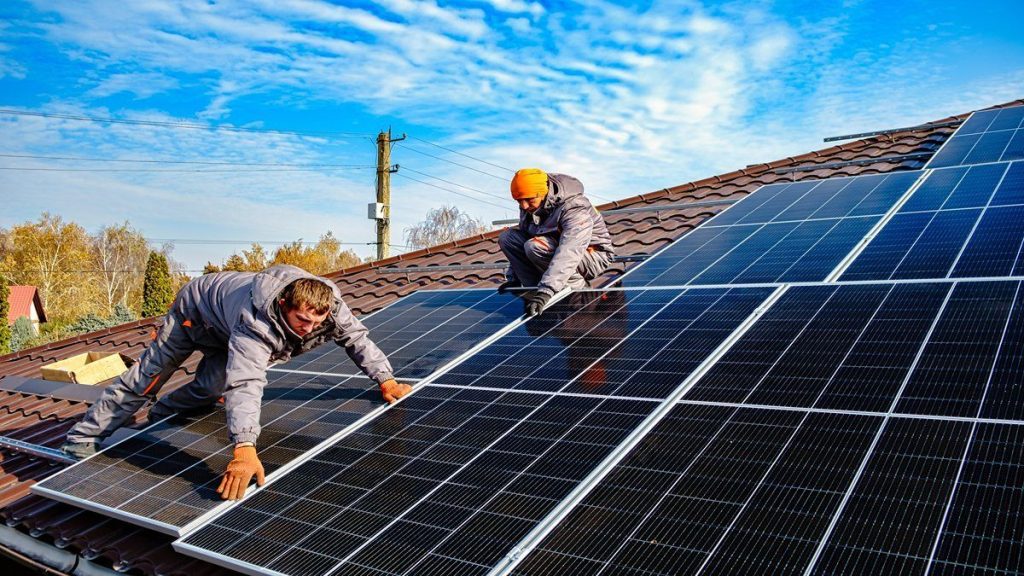As the world continues to shift towards renewable energy sources, the future of solar technology holds immense promise for homeowners seeking sustainable and efficient energy solutions. In this blog post, we’ll explore some of the exciting innovations driving change in the solar industry and shaping the future of solar technology.
1. Increased Efficiency
Advancements in solar cell technology are continuously improving the efficiency of solar panels, allowing them to generate more electricity from sunlight. Emerging technologies such as perovskite solar cells and tandem solar cells have shown promise in achieving higher efficiency levels and reducing the cost of solar energy production. These innovations are paving the way for more affordable and accessible solar energy solutions for homeowners.
2. Energy Storage Solutions
Energy storage solutions, such as batteries, are playing an increasingly important role in the solar energy landscape. Battery storage allows homeowners to store excess energy generated by their solar panels for use during periods of low sunlight or high electricity demand. With advancements in battery technology and declining costs, energy storage solutions are becoming more efficient, affordable, and practical for residential applications.
3. Building-Integrated Photovoltaics (BIPV)
Building-integrated photovoltaics (BIPV) are solar panels that are integrated directly into building materials, such as roofing tiles, windows, and facades. BIPV offers a seamless and aesthetically pleasing way to incorporate solar energy generation into building design, eliminating the need for traditional solar panel installations. As BIPV technology continues to evolve, it has the potential to revolutionize the way we think about solar energy and building construction.
4. Smart Solar Technology
Smart solar technology encompasses a range of innovations that optimize the performance and efficiency of solar energy systems. From advanced monitoring and control systems to predictive analytics and machine learning algorithms, smart solar technology allows homeowners to maximize energy production, optimize energy usage, and reduce costs. These intelligent systems enable real-time monitoring of energy production and consumption, allowing homeowners to make data-driven decisions to enhance their solar energy experience.
5. Solar-Powered Vehicles
Solar-powered vehicles, such as electric cars and solar-powered drones, are emerging as a viable and sustainable transportation solution. Solar panels integrated into vehicle design can harness sunlight to recharge batteries and power onboard systems, reducing reliance on fossil fuels and lowering greenhouse gas emissions. As solar technology continues to improve, solar-powered vehicles are expected to play a significant role in the transition to a cleaner and more sustainable transportation infrastructure.
6. Thin-Film Solar Technology
Thin-film solar technology involves the deposition of thin layers of photovoltaic material onto various substrates, such as glass, plastic, or metal. Thin-film solar panels offer several advantages over traditional silicon-based panels, including flexibility, lightweight, and lower manufacturing costs. As thin-film technology continues to advance, it has the potential to expand the range of applications for solar energy, such as wearable electronics, building-integrated photovoltaics, and portable power solutions.
In conclusion, the future of solar technology is bright, with innovations driving change and transforming the way we harness and utilize solar energy. From increased efficiency and energy storage solutions to building-integrated photovoltaics and smart solar technology, these innovations are shaping a more sustainable and efficient energy future for homeowners around the world. As the solar industry continues to evolve, homeowners can expect to see even more exciting advancements that make solar energy an increasingly attractive and accessible option for powering their homes.

